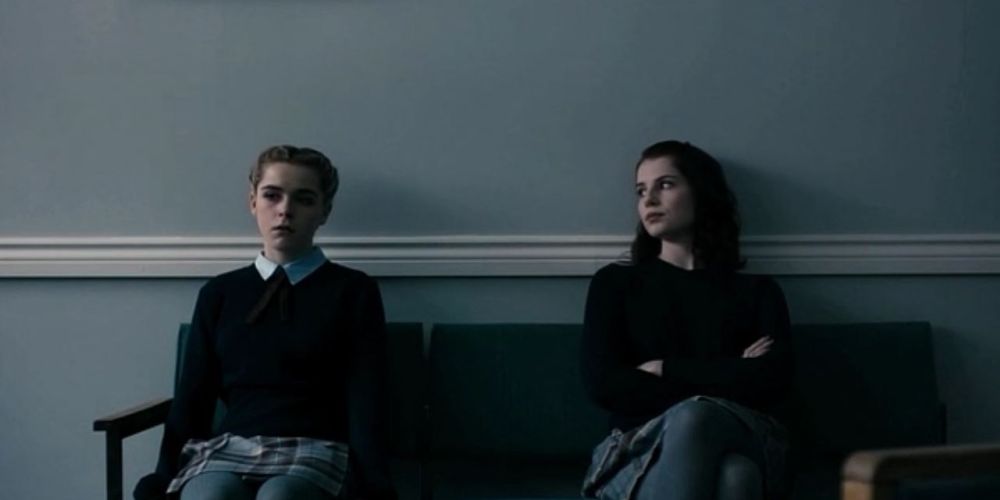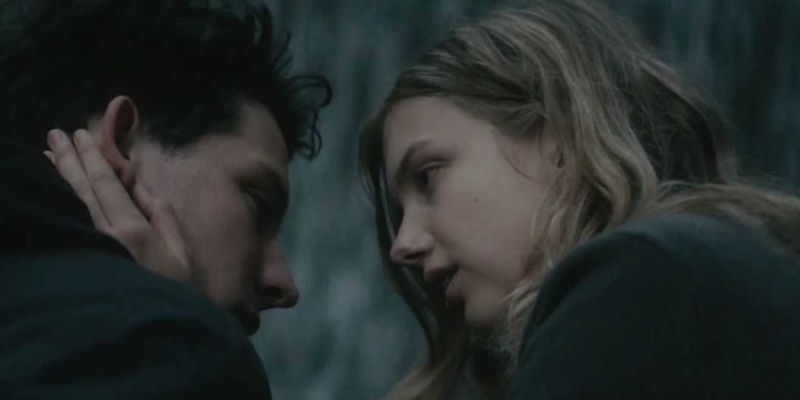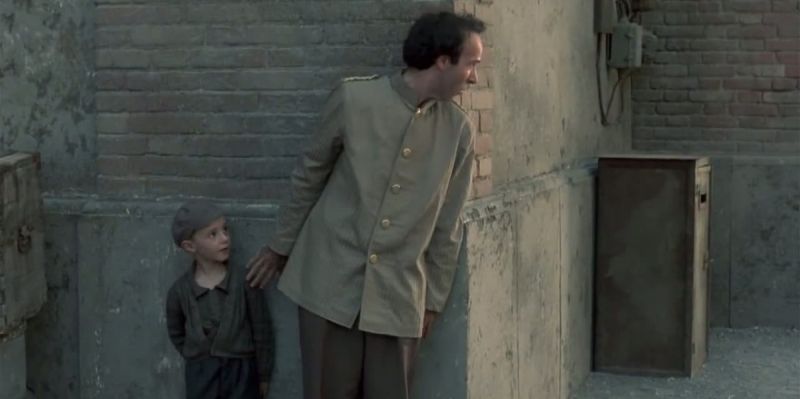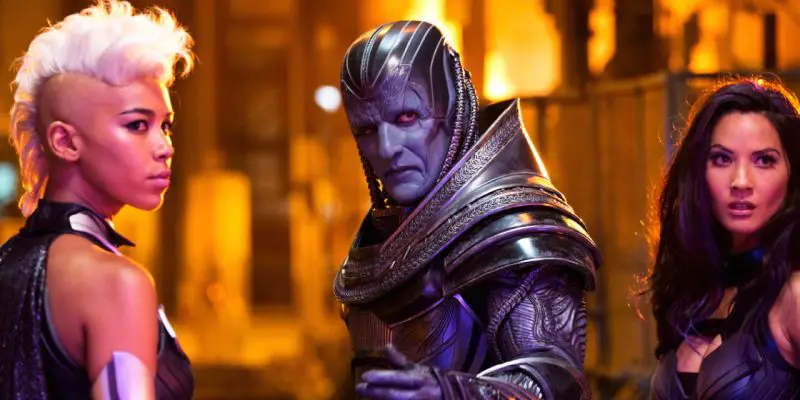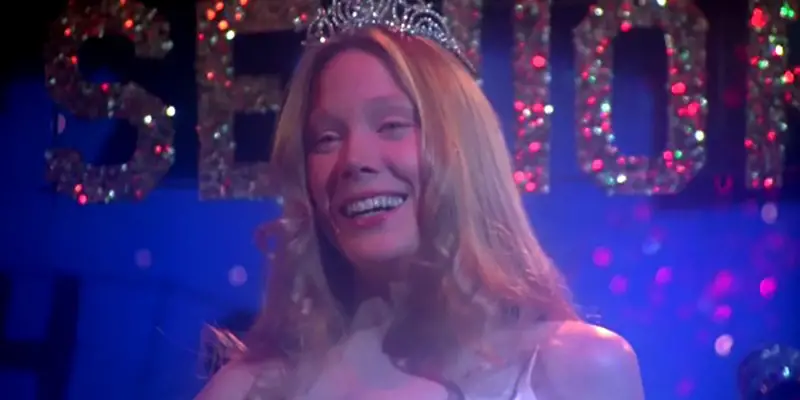Film Reviews
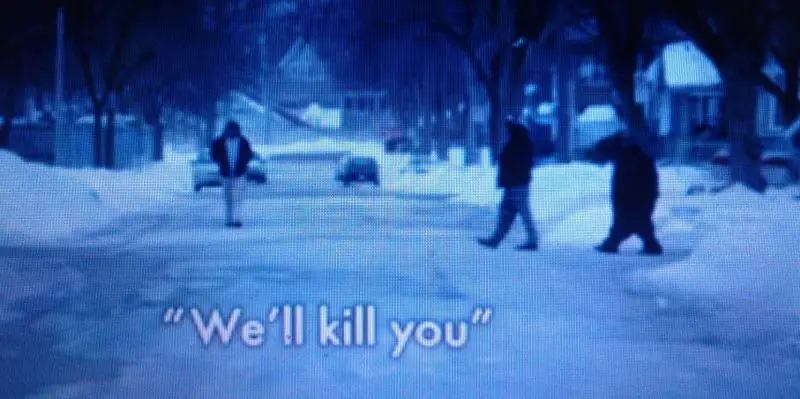
There are no shortage of docs that explore underworlds and subcultures most of us have hardly considered, if we knew they existed at all. These sorts of films, which have been a hallmark of the modern documentary since Salesman and feature subjects as varied as those of Paris is Burning and Murderball, serve both to reveal what is unique about adherents of a particular subculture as well as communicate how they have the same hopes and dreams as everyone else. The new documentary Tickled is no exception, but it flips the idea on its ear.
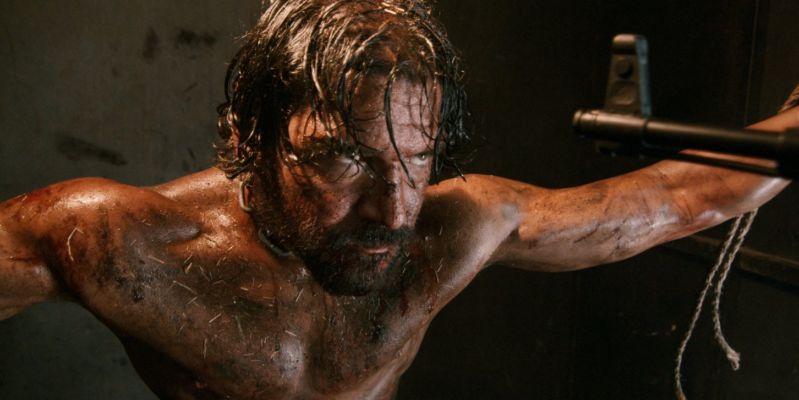
Often shrugged off as a base form of entertainment, the action genre has carved out its place in the cinematic phalanx. Spy capers, heist films or just a good old-fashioned shoot ‘em up have all become, in some why or another, a part of our lives in the form of witty one-liners such as ‘I’ll be back,” Detective John McClane saving Christmas (twice) and The Rock being— The Rock. Memorable moments which have become ingrained in our memories.
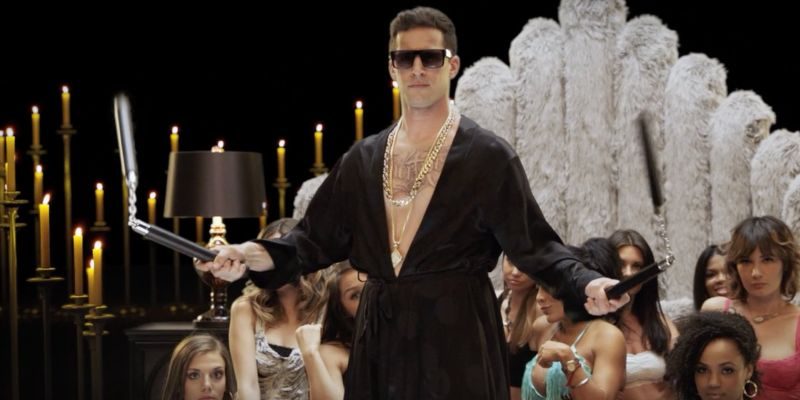
You will see the term postmodern to describe the comedy of The Lonely Island, the comedy team responsible for this film and the birth of the Saturday Night Live Digital Short, as you read opinions on their newest film, Popstar: Never Stop Never Stopping. It is a vague term that means comedy that deconstructs the art and is self-aware.
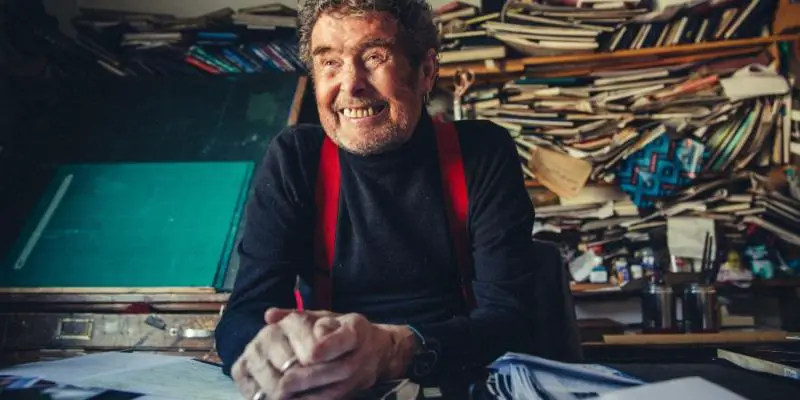
I first saw My Brief Eternity at the Wales International Documentary Festival, and such was its impact on me that after meeting the director Clare Sturges, and after writing up the festival itself, I resolved to review it so that others would come to know of it. The short documentary is a joint project between Maggie’s and Brightest Films, the former being a cancer charity, the latter Sturges’ production company. The film is about the Welsh artist; Osi Rhys Osmond.
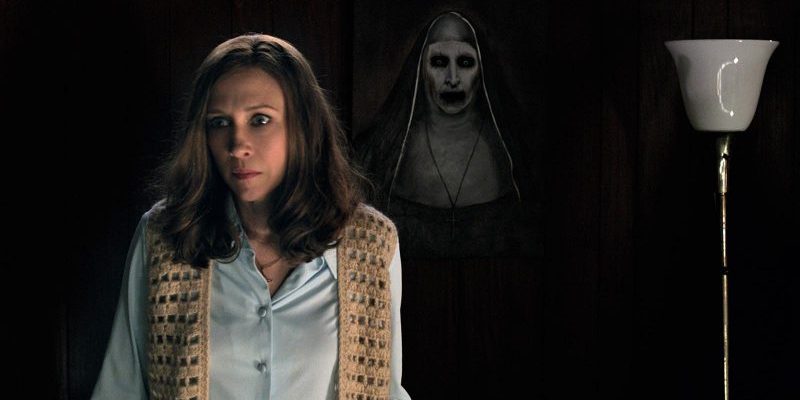
After a brief hiatus with Fast and Furious 7, mainstream horror’s prodigal son James Wan has returned to the Devil’s Church of Jump Scares with a sequel to his paranormal blockbuster, The Conjuring. The main lesson he seems to have learned on his franchise-hopping action excursion is how to make things feel absolutely massive, and in following the golden rule of sequels, he’s applied that bigger-is-better ethos to The Conjuring 2. The ghostbusting duo of the first film – Ed and Lorraine Warren – are called to London to flush out some more housebound demons, but in an effort to raise the stakes over the first film, Lorraine is also faced with her own adversaries:
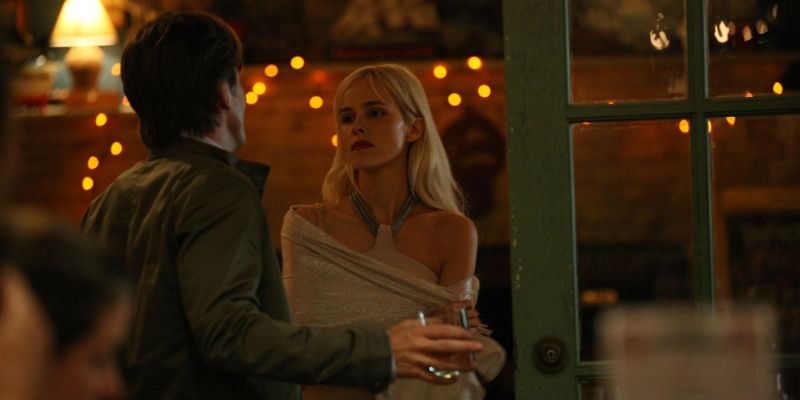
Despite the title being one of the most fascinating I’ve seen in a while, Careful What You Wish For, directed by Elizabeth Allen Rosenbaum, is about as painfully average as a neo-noir thriller film can get. You will not be surprised or fascinated at any point in this film, where a younger man takes an older woman (Isabel Lucas) as his lover. Though, said older woman isn’t all that much older than him, sadly showing how limited roles for women are in this industry.
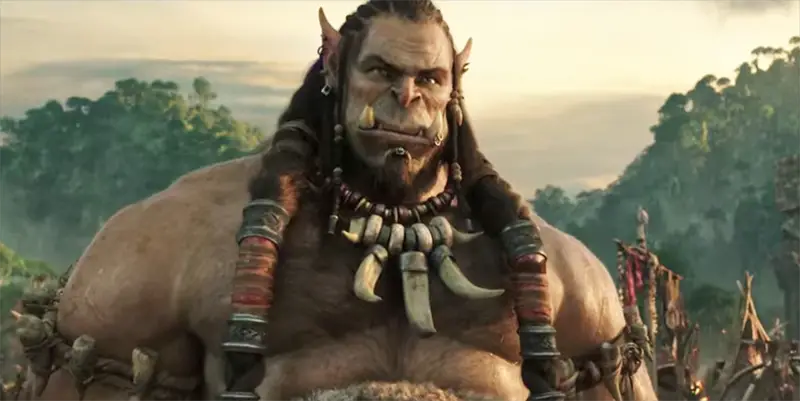
The vast majority of video game films have failed for not respecting their source material, using them only as basic backdrops to put some hackneyed plot in place for a quick cash-grab. Various franchises like Tomb Raider and Prince of Persia have all failed because of this blatant apathy, and because those involved in their making didn’t care about how to integrate the art of making video games with the craft of making films. The less said about the absolute disasters that were the various video game films directed by talentless hack Uwe Boll, the better.
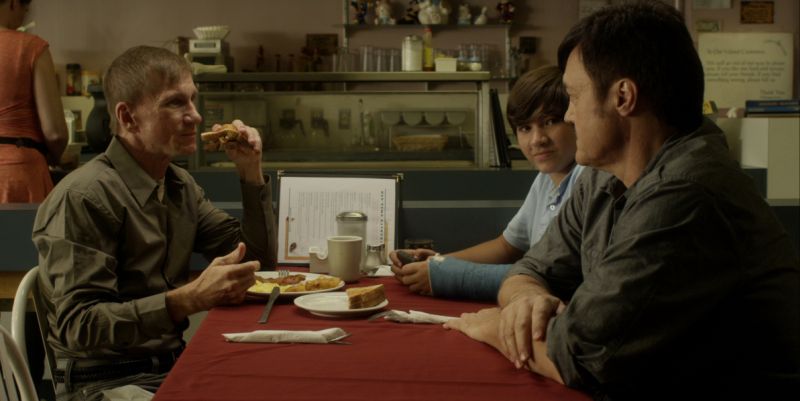
While many recent horror films have been heavily influenced by the works of prominent directors of the 1980s like David Lynch, John Carpenter and David Cronenberg (very good ones like The Guest and It Follows), this one addresses subject matter not even those films were willing to tackle. Richard Powell’s Heir is the next great homage to those great directors, and can proudly be a part of the recent resurgence in thoughtful horror films designed more to represent real world conflicts as opposed to cheap scares. The plot is simple at first:
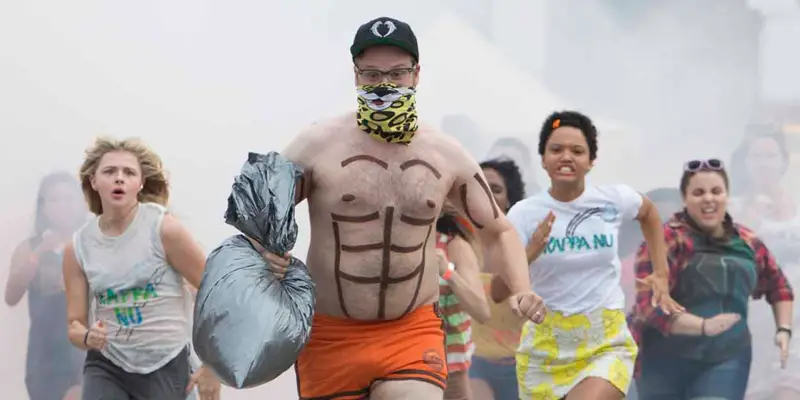
Whilst people constantly bring up the current increasing slog of superhero films, there’s another string of films that are much worse in their repetitive nature that seemingly seem to go under the radar: the bro/stoner comedy. Seth Rogen could be seen as the unofficial face of the stoner movement, films where a manchild is forced to grow up, usually through the love of a woman, in between bouts of marijuana, pop culture references and hanging out with your “bros”.
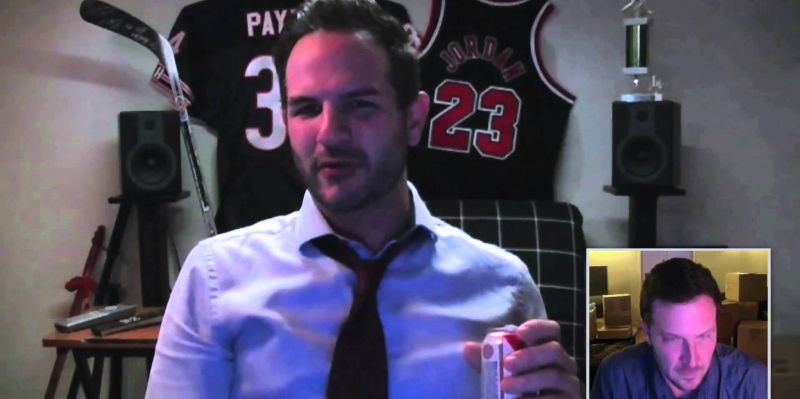
In Matthew Solomon’s Chatter, Agent Martin Takagi (Tohoru Masamune) comes across the intimate video chats of married couple while monitoring Internet traffic for the Department of Homeland Security. The married couple, played by Brady Smith and Sarena Khan, begin to discover that their new home is haunted. In the same vein of horror films such as Paranormal Activity and the more recent Unfriended, the mechanics within this film felt familiar.


